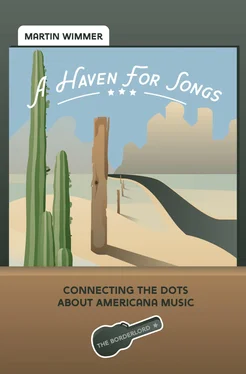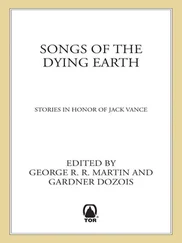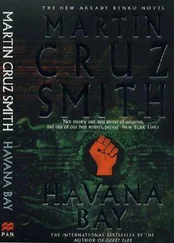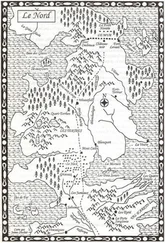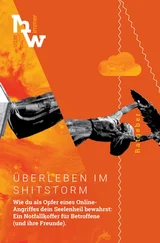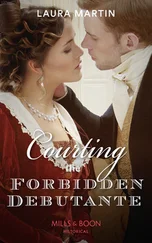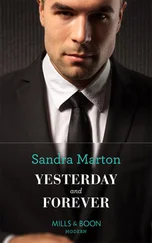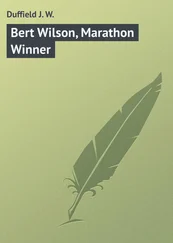Who or what Bob Dylan is has been sufficiently researched. That his work is major league world literature was extensively proven in scientific studies, symposia, magazine features and millions of personal text exegeses and was now only once again confirmed by the Nobel Prize Committee.
But he only accepts the Nobel Prize for Literature as a substitute. Despite his personal genius, his impact, despite his sprawling oeuvre, despite the Neverending Tour and all the adoration that His Bobness receives from fans: The Nobel Prize for Literature 2016 is not awarded to an individual, but to the outstanding representative of the oldest literary genre: the song. Together with Dylan it was awarded to all the songwriters who, from Stephen Foster to Woody Guthrie and Townes Van Zandt, Robert Johnson, Chuck Berry and Prince, to Madonna, Missy Elliott and Taylor Swift, took this art form, a creative act humans learned from birds and handed down to machines, to unimagined heights with their lyrics.
I have seen Dylan live, the films, videos, I read his books, interviews, I have heard him or someone else sing one of his songs a thousand times. But above all, I have looked up the lyrics on record covers, on bobdylan.com or in the thickest of all books, his Collected Lyrics, usually without ever even beginning to understand "what it was really about," but always with the result that this is incredibly great art and an impossibly high standard. Dylan is the most covered songwriter because the lyrics are at the core of his work. They are the substance, the nature of his work, completely independent of the music played to it and of the performer. Frank Sinatra could hum "Blowin' The Wind", Patti Smith whistle "Hurricane", nobody would care. Let a no-name poet debut at a poetry slam with a chaotic recitation of "Up To Me," he'll win the contest.
When Aristotle described lyric poetry in his Poetics, he meant rhythmic, rhymed texts performed to the playing of lyre or cithara. Minnesang and church hymns were the most important genres of the Middle Ages. In modern times, after an initial high as lied in the European classical and romantic periods, the song came to full bloom in the 20th century: In America.
Among the hundreds of thousands of songs that were created in the USA - which, through the audiovisual mass media from radio to TV/cinema to the Internet, exerted enormous influence on the culture of several generations of the American, European, and in some cases Asian and African continents - the work of Bob Dylan stands out as a solitaire. No other lyricist has reached back so far and so brilliantly into European cultural history in his lyrics, no other built bridges from tradition to modernity as he did, from the idiom of the Irish ballad to the Beat Generation to rap, no one shaped what was and is possible as a song lyric in English language like him. Dylan is, in terms of literary history, the knot of many threads, a transmission belt of many forces that affected him from past and future. But he also, more than any other, marks a symbolic break. There is a time before Dylan and a time after Dylan. And it's not because of his themes, it's not because of his hat, and it's not because of plugging a guitar into an amplifier. It's because of his language.
The language of Dylan, and language is the only thing that legitimizes a Nobel Prize in Literature - not subjects, plots, reception history or Amazon rankings, not even melodies, singing voices or record covers - the language that Bob Dylan made possible for the genre of the song lyric was previously found only in trace elements in other authors. Thanks to Bob Dylan these new boundless possibilities for language spread like a virus as the gold standard to strive for. Through imitators, cover versions, translations in other world languages. Through sound carriers, singles, LPs, cassettes, CDs, MP3 files, streams. Through what is heard on the radio, what is heard as a movie soundtrack, what is viewed on the Internet, what is printed in songbooks, what is quoted in books, newspapers, magazines and advertising material. This Noble Prize, more than anything else, stands precisely for this: that a song lyric has endured regardless of the music and the immediate performance practice. More than just a song title, a rhyme, a line, a chorus, which turn into a saying. The whole lyric.
Dylan was a literary promise from the beginning. Dylan's language was never the language of Dylan, it was the language of his generation. Dylan invented a language for his contemporaries in which they could find themselves again, he wrote texts through which they could communicate - and set themselves apart from those who did not understand their language. Dylan's words were also weapons; they could be directed against tanks in protest rallies, against arbitrariness in a marital quarrel, and against dullness in academic debates. Those who quoted Dylan were always better and smarter and cooler than the others. After Jimi Hendrix, nobody managed to destroy a national symbol with a guitar. After Dylan many managed to deconstruct countless manifestations of reality with their verses.
Like other authors, Dylan's reputation is based on some major works. You can read Tarantula or study the lyrics of Empire Burlesque, but then you will not understand why this man deserves a Nobel Prize. My island record would be Blood On The Tracks, and on it Shelter From The Storm. His political songs, topical songs, psychedelic songs, songs from the road, they add flavor, but most of the Jokerman's world gone wrong attitude is just a diversionary maneuver, deception measures, feints. That's all just wordplay and quoting. But he's at home when it comes to love. Then he loses his temper and vents the truth. Dylan is a drama queen.
The bottom line is that I explained all this to those young colleagues who were not aware of the name Dylan. Afterwards, they were convinced that Dr. Dre would also receive a Nobel Prize one day.
Townes Van Zandt: Singer of sad songs
It would be dishonest not to place an appreciation of Texas singer-songwriter Townes Van Zandt in 2016 in the context of recently deceased colleagues Leonard Cohen and Guy Clark, not to mention the Nobel Prize for Bob Dylan. It's been a long time since the literary quality of song lyrics has been so much in the spotlight of the feuilletons. And when people talk about the really, really, really prime songwriters, the songwriter's songwriters, the name Townes comes up.
The chicken-and-egg problem: What comes first in song, what is more important, what is the sine qua non, music or lyrics, or interpretation, or even reception practice in the social context of technical reproduction - after all, we're talking about 20th-century pop phenomena in blues, folk, country, and rock? But do we really? Even in ancient times, texts were performed to instrumental accompaniment (the lyre, hence lyric poetry), a performance practice that extends through the church song, the folk song, the minnelied of the Middle Ages, the art song of the Romantic period, to the rapped hip-hop derivatives of the most contemporary poetry slams. Where there is a stage, men and women stand and sing, arias, ballads and drinking songs, they report as troubadours from distant lands, tell tall stories about rulers and lovers, gods and murderers, and of their kind, the vagabonds.
The genre in which singer-songwriters are at home requires them to be as skilled in the craft of poets as they are in the craft of composers and stage actors. They must build exciting stories, shape strong characters, and do it all in poetic, memorable language. But to be as widely received in their own time and beyond their lifetimes as those mentioned at the beginning requires even more: they must provide a surface for identification for many individuals in a globalized world across generations.
Читать дальше
